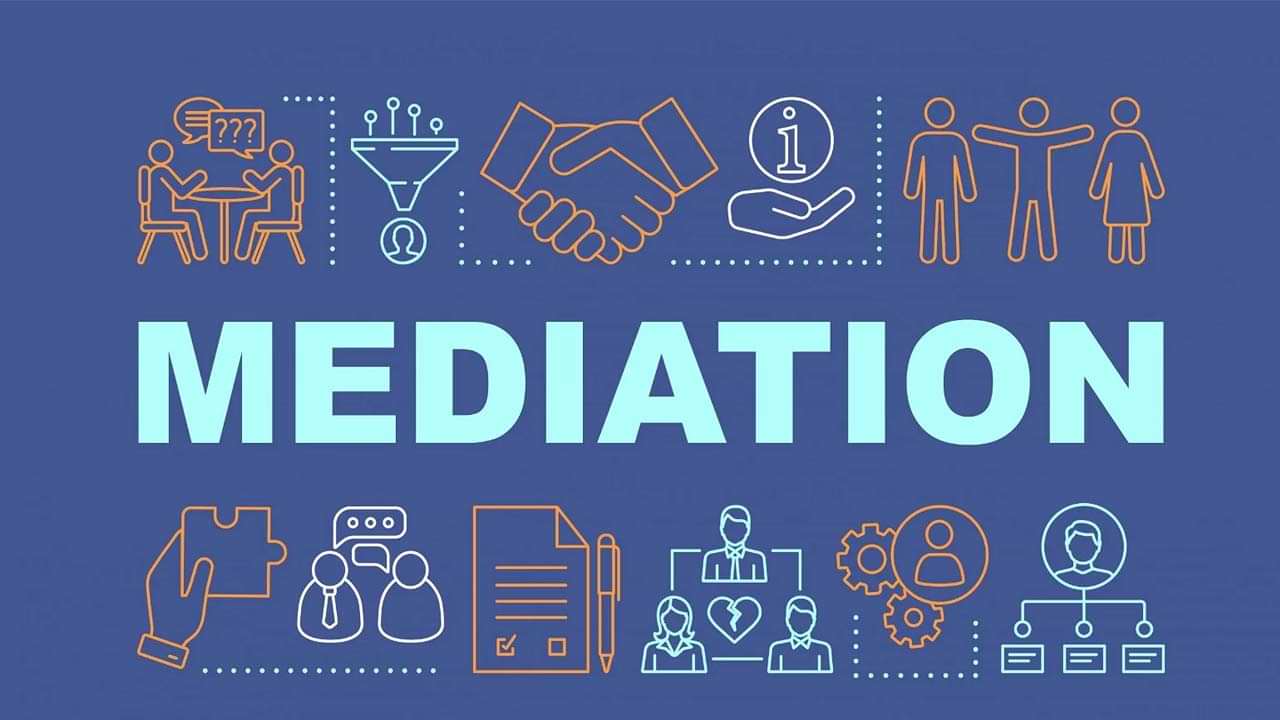Personal injury cases can be emotionally and financially draining for all parties involved. In an effort to expedite resolution and avoid protracted litigation, many personal injury cases go through a process called mediation. Mediation is a voluntary and confidential form of alternative dispute resolution that allows the parties to work together to reach a mutually acceptable settlement. In this comprehensive guide, we will explore the mediation process in personal injury cases, what to expect during mediation, and how it can be a beneficial alternative to a courtroom trial.
Understanding Mediation
Mediation is a structured negotiation process facilitated by a neutral third party known as the mediator. The mediator’s role is not to make decisions or judgments but to help the parties communicate, explore issues, and reach a voluntary settlement. In personal injury cases, mediation can occur at various stages of the legal process, from pre-litigation negotiations to discussions during the trial.
The Mediation Process
- Selection of a Mediator: Typically, both parties choose a mediator who is experienced in personal injury cases and neutral. The mediator’s role is to facilitate communication and assist in reaching an agreement.
- Initial Meeting: The mediator schedules an initial meeting with the parties, either in person or virtually. During this meeting, the mediator explains the mediation process, discusses confidentiality, and sets ground rules for the sessions.
- Opening Statements: Each party, along with their respective attorneys, has the opportunity to make an opening statement. This statement outlines their perspective on the case, the issues at hand, and their desired outcome.
- Private Sessions: The mediator may conduct private sessions, known as caucuses, with each party separately. These sessions allow the mediator to understand each party’s concerns, interests, and settlement preferences confidentially.
- Joint Sessions: The mediator facilitates joint sessions where both parties, along with their attorneys, meet to discuss the issues in the case. These sessions involve open and constructive communication, with the mediator helping to keep the discussion focused and respectful.
- Negotiation and Problem-Solving: Throughout the mediation, the mediator assists the parties in negotiating and problem-solving. They may help identify common ground, propose potential solutions, and mediate disputes between the parties.
- Reaching an Agreement: If the parties are able to reach a settlement agreement during mediation, the terms are documented in a written agreement. This agreement is typically binding and may include provisions for the resolution of the case.
- Enforcement of the Agreement: Once the parties sign the settlement agreement, it becomes legally binding. This means that both parties are obligated to fulfill their respective obligations as outlined in the agreement.
Benefits of Mediation in Personal Injury Cases
- Control over the Outcome: In mediation, both parties have control over the outcome and can craft a resolution that suits their specific needs and interests. In contrast, in a courtroom trial, a judge or jury makes the final decision, which can be unpredictable.
- Cost-Effective: Mediation is often more cost-effective than a full-blown trial. It reduces legal fees, court costs, and the time spent in litigation.
- Time Efficiency: Personal injury cases can take years to reach a trial and obtain a judgment. Mediation can expedite resolution, allowing parties to move forward with their lives sooner.
- Confidentiality: Mediation is confidential, meaning that what is discussed and disclosed during the process generally cannot be used against either party in future legal proceedings.
- Preservation of Relationships: In personal injury cases involving accidents within a community or involving family members, mediation can help preserve relationships that may be strained by litigation.
Challenges of Mediation
While mediation offers numerous benefits, it may not be suitable for every personal injury case. Some challenges to consider include:
- Unwillingness to Compromise: If one or both parties are unwilling to compromise or are too rigid in their demands, mediation may be ineffective.
- Power Imbalance: In cases where there is a significant power imbalance between the parties, one party may feel pressured into accepting an unfavorable settlement.
- Emotional Challenges: Mediation can be emotionally charged, especially in personal injury cases involving severe injuries or wrongful death. Parties may struggle with their emotions during the process.
- Lack of Resolution: There is no guarantee that mediation will result in a settlement. If the parties are unable to reach an agreement, the case may proceed to litigation.
Tips for a Successful Mediation
To increase the likelihood of a successful mediation in a personal injury case, consider the following tips:
- Come Prepared: Be prepared with all necessary documentation, including medical records, accident reports, and any evidence supporting your claim.
- Open Communication: Be open and honest during the mediation process. Share your concerns, interests, and desired outcomes with the mediator.
- Consider Creative Solutions: Be open to creative solutions and compromises. Mediation often involves thinking outside the box to find mutually agreeable resolutions.
- Listen Actively: Listen actively to the other party’s perspective and concerns. Understanding their viewpoint can lead to more productive discussions.
- Stay Patient: Mediation can take time, and progress may be gradual. Patience is key to a successful outcome.
Conclusion
Mediation is a valuable tool in personal injury cases, offering parties the opportunity to reach a mutually acceptable resolution without the need for a trial. It provides control over the outcome, is cost-effective, and promotes efficient dispute resolution. However, it may not be suitable for every case, and both parties must be willing to engage in open and constructive communication. Understanding the mediation process, its benefits, and its challenges is essential for those considering this approach to resolving their personal injury claims.

